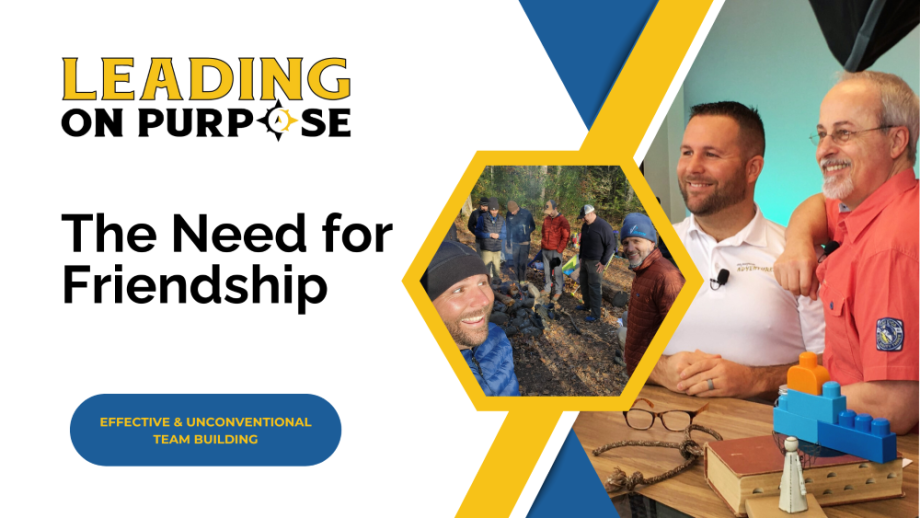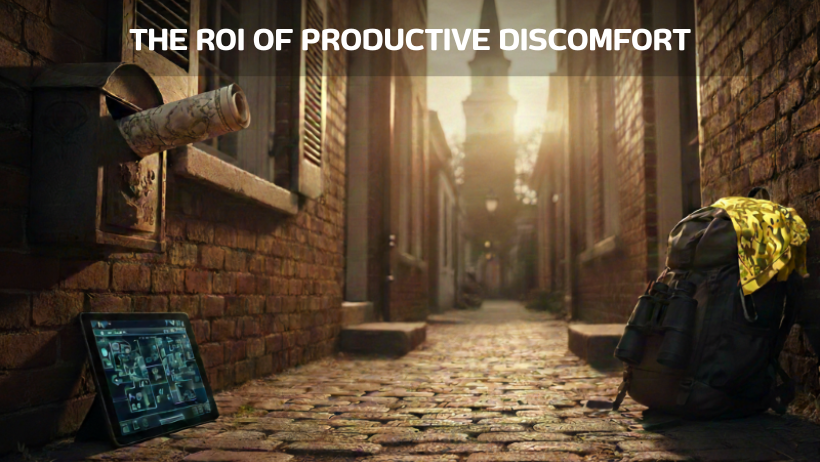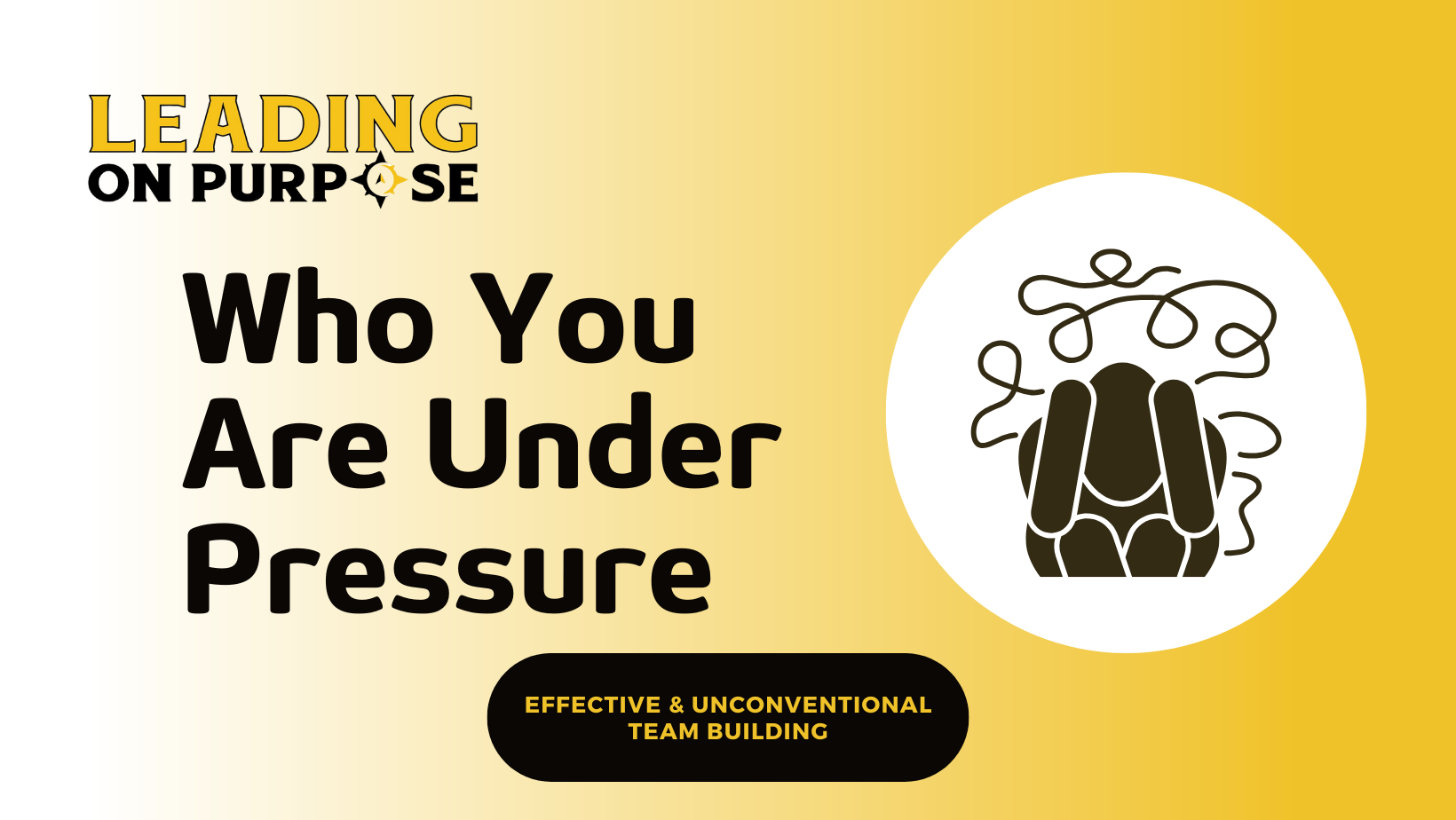
The Need for Friendship
When connections are often measured in likes and comments, maintaining deep, meaningful friendships can seem almost impossible. Especially as an adult, making and keeping friends can feel like work, and it's tempting to believe that friendships shouldn't require effort. But anything truly meaningful in life is worth working for and what could be more meaningful than the relationships we build with others?
Recently, I found myself reflecting on the importance of friendship, especially my male friendships, and how these relationships have shaped my life. This reflection was sparked by an interview between Simon Sinek and Steven Bartlett, as well as some books I've read recently: Bowling Alone: The Collapse and Revival of American Community by Robert D. Putnam and Community: The Structure of Belonging by Peter Block. These resources, along with personal experiences, have led me to a profound understanding of the need for friendship in combating loneliness, anxiety, and even addiction.
The Catalyst: Sinek and Hari on Connection
Click here to listen to The Diary of a CEO podcast with Simon Sinek.
Listening to Simon Sinek’s conversation with Steven Bartlett was like holding up a mirror to my own thoughts and experiences. Sinek's insights into the nature of human relationships and their impact on our well-being echoed my own realizations. He spoke about the importance of having people in our lives who truly understand and support us—a concept that resonated deeply with me.
Around the same time, I revisited Johann Hari’s book, Lost Connections: Why You're Depressed and How to Find Hope, which had previously reworked my thinking about mental health. Hari’s exploration of the societal factors contributing to anxiety and depression is compelling, but what struck me most was his focus on disconnection as a root cause. He uses the example of Rat Park, an experiment that demonstrated how environmental and social factors can influence addiction. In a nutshell, rats in an enriching, social environment resisted addiction far better than those in isolation. This analogy to human society was eye-opening, leading me to consider how much of our mental health struggles could be alleviated by fostering stronger connections.
Facing My Own Loneliness
Despite understanding these concepts intellectually, I hadn’t fully applied them to my own life. Then, it hit me—I was lonely. As someone who values deep, meaningful friendships, this realization was tough to swallow. I missed the camaraderie of male friendship, the kind that goes beyond surface-level conversations and dives into real-life challenges, hopes, and fears.
Rather than succumb to the loneliness, I decided to take proactive steps. I knew that many of my friends were busy with their own lives—raising families, building careers, managing responsibilities. They weren’t intentionally neglecting our friendship; life had just become more complicated. So, I created a broadcast chat with my friends, each receiving my messages individually, thanks to the wonders of Android. This setup allowed me to share what I was doing, express my needs, and invite them to join me—no pressure, no guilt, just an open door for connection.
This approach has been incredibly fulfilling. I'm not expecting replies or forcing interactions; but I'm creating opportunities for connection. Sometimes, all people need is a little nudge, a reminder that someone is thinking of them and values their company. And when they do respond, it’s usually with enthusiasm and gratitude, reaffirming the importance of these connections.
The Evolution of My Friendships
Interestingly, my journey towards nurturing these friendships didn’t start with the broadcast chat. Several years ago, I made a conscious decision to start telling my male friends that I love them. This wasn’t something I was taught growing up, and it felt awkward at first. But over time, it became natural, and it has significantly deepened my relationships. Saying “I love you” to a friend breaks down barriers and fosters a culture of openness and vulnerability. It’s about letting people know that they matter, that their presence in your life is valuable.
In the podcast above, Simon Sinek shares that he began saying "I love you" to friends, especially the men in his life that he loves and cares about, after an active duty military friend ended their phone call by telling Sinek "I love you." Not "love ya" or "love you" but "I love you."
This small change has had a profound impact. It’s brought a level of emotional intimacy to my friendships that wasn’t there before. And in return, my friends have started reciprocating, creating a stronger, more supportive network around me. It’s a reminder that sometimes, the simplest gestures can have the most significant effects.
Books That Shaped My Thinking
As I’ve explored further into the need for friendship, I’ve been influenced by several key works, particularly Robert D. Putnam’s Bowling Alone and Peter Block’s Community: The Structure of Belonging. These books provide a broader context for understanding the decline in social connections and the importance of rebuilding them.
Bowling Alone analyzes the collapse of social capital in America. Putnam details how, over the latter half of the 20th century, Americans have become increasingly disconnected from family, friends, neighbors, and democratic structures. He uses the metaphor of bowling leagues to illustrate this decline—while individual bowling has increased, league participation has plummeted, highlighting a broader trend of social isolation. The consequences of this decline are far-reaching, affecting everything from societal well-being to democratic engagement. Putnam’s work made me realize just how critical it is to actively cultivate and maintain our social connections.
Peter Block’s Community: The Structure of Belonging takes this concept further, offering practical insights into how we can create and nurture authentic communities. Block emphasizes the importance of small-group settings for fostering genuine dialogue and engagement. He argues that true community is built not through large-scale initiatives, but through intimate, personal connections where individuals feel a sense of belonging. This idea has influenced how I approach my professional work, particularly in designing events and experiences that prioritize connection.
Applying These Lessons in My Life and Work
The insights from these books and interviews have not only shaped my personal life but also my professional approach. In December 2018, I attended a SITE Southeast Conference and heard one of the founders of Two Bit Circus speak. This team-building company, known for its engineering mindset, aligns closely with my own background. From the stage, the speaker mentioned both Lost Connections and Bowling Alone, which further solidified my commitment to fostering connections in all areas of my life.
This moment was a turning point for me. It made me more conscious of how I design events and interactions. I’ve come to realize that the layout of a room, the seating arrangement, even the lighting, can significantly impact how people connect with one another. It’s not just about putting people in the same space; it’s about creating an environment that encourages genuine interaction. Whether it’s a hybrid event where everyone has their own laptop or an in-person gathering, the goal is always the same: to facilitate connections that are meaningful and lasting.
Click here to watch Johann Hari's TED Talk.
One of the most impactful ideas I’ve come across is Johann Hari’s assertion that “the opposite of addiction is not sobriety, it’s connection.” This concept has stuck with me, especially as I’ve seen friends go through rehab and struggle with maintaining their sobriety. The traditional narrative around addiction often emphasizes willpower and personal responsibility, but Hari’s perspective shifts the focus to the environment and social support systems. It’s a reminder that we are not isolated individuals; our well-being is deeply intertwined with the quality of our relationships and our sense of belonging.
Learning to Be Content with Where I Am
As I’ve navigated these realizations, I’ve also had to come to terms with the changing nature of my friendships. Ten years ago, I had a large circle of friends, and our lives were more in sync. But as we’ve entered our 40s, many of my friends are now busy with young kids and families. I have more freedom to go places and do things, but finding friends who are available to join me has become more challenging.
Rather than let this situation lead to frustration or loneliness, I’ve learned to be content with where I am. I’ve accepted that friendships evolve, and that’s okay. The broadcast chat I mentioned earlier has been a great way to stay connected, even when life gets busy. Sometimes all it takes is a little effort to maintain those connections. People are often willing to engage... They just need a prompt.
I’ve also started to see the value in smaller, more intimate gatherings. Large groups are great for certain occasions, but there’s something special about a one-on-one conversation or a small group hangout. These are the moments where deeper connections are forged, where you can really get to know someone and share more of yourself.

Friendship requires effort, intentionality, and a willingness to be vulnerable. But the rewards are immense. Whether it’s the camaraderie of a group chat, the simple act of saying “I love you” to a friend, or the joy of a shared experience, these connections are what make life meaningful.
Remember that no matter where we are in life, the need for friendship remains a fundamental part of our humanity. And it’s up to us to nurture and cherish these relationships, both for our own well-being and for the well-being of those around us.
For more on this topic, check out these blog posts:









